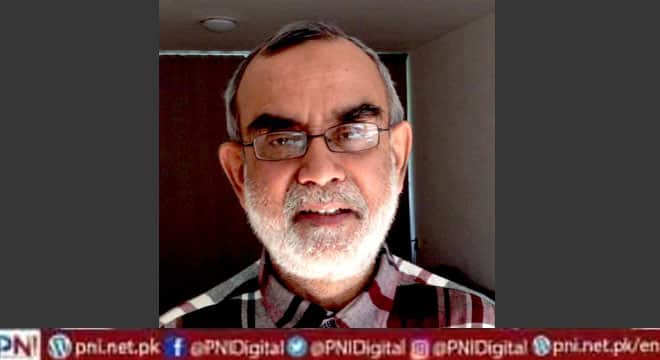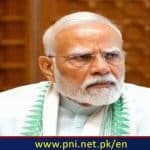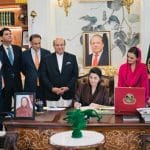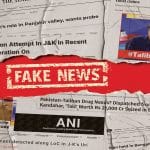We have moved from a government specializing in kicking dust to one that excels in firefighting. Firefighting has been our mode of governance for most of the post-independence decades. We need to make a very painful transition if we want to embark on the path of sustained inclusive development. This transition is not possible just by holding new elections, building a new mass movement, or showing street power. Various sections of our elite are not willing to sit at a table to take difficult decisions by consensus. We need to find a durable solution for dealing with the issues of debt, corruption, unemployment, and inflation. Part of the solution requires reducing the economic role of government and strengthening its regulatory and welfare functions, expanding the role of the private sector, opening our economy to massive direct foreign investment, opening cross border trade, reducing the defence budget, and finding smart national security solutions, and imposing wealth tax. It is a tall agenda.
We have four options. Impose a 4 percent wealth tax across the board to pay back our national debt. Sell our national assets and pay back our loans. Borrow more to pay back earlier loans and try to reschedule debt payments. Keep dilly-dallying and create a situation where our economic decision-making power is taken over by International Financial Institutions (IFIs). In the last case, our elites can keep shouting against ‘surrendering’ national sovereignty in public and hand over power to IFIs in private. All these decisions are difficult except delaying the decisions to reduce current pain and create greater stress in the future. Given the lack of collective leadership, the only way a homegrown solution can be implemented is if there rises a Gorbachev, Deng Xiao Ping, or Mohammad Bin Salman in Pakistan to discipline the delinquent sections of our elite and chart a new path. In our public sphere, there is 99% noise about the problems of 1%, and 1% talk about the problems of 99%. Pakistan is ruled by ‘Breaking News’ and shadow boxing on mainstream media and cancel movements on social media. All hue and cry about debt management deal with the problems of the top 1 percent. Most of the deprived 99 percent depend on the informal economy or local government to meet their needs.
At the local level, we need to develop and support the capacity of community organizations and local government for local action. Here local government, philanthropists, charities, NGOs, and civil society have a critical role to play. Saber rattling on social media provides no solutions. We live in a culture of fear, feeding on the fear of the unknown. The biggest unknown in our daily lives is our government. This unknown creates awe, mystery, and helplessness in the hearts of citizens. This unknown is protected in the name of confidential information and legitimized in the name of the discretion of the authority. The narrative of the opposition consists of such grandiose and unrealistic ideas that it adds to helplessness rather than the power of those who want to bring down the system. It suits the establishment rather than the people. There are well tested paths to transforming the system, but they are painted as unworthy of respect in the public mind. These paths show the way to change through local action. Democratic politics can succeed if we get rid of our low view of local action for social change. We need to take stock of the issues that are critical in the public mind and then decide what action is the appropriate level and who will lead the change.
Our economic performance and the political culture are suffering due to extremely low levels of human development. We have a dominant tendency to explain our underperformance by using the lens of conspiracy theory. It provides us with temporary emotional relief but does not solve the problem. For sustained human development, we need to devolve administrative and fiscal power to local government, engage citizens in the restoration and improvement of basic services, institute social accountability of government departments, and learn from well-tested options for promoting human development from indigenous NGOs and philanthropists. We need to reorganize the power structure in Pakistan. In the absence of a powerful mass movement, a well-directed political organization, and well informed public opinion we need a reformer within the ranks of our elite, a pragmatic idealist, a dreamer who can whip the delinquent sections of our elite into disciplined behavior.
Follow the PNI Facebook page for the latest news and updates.









